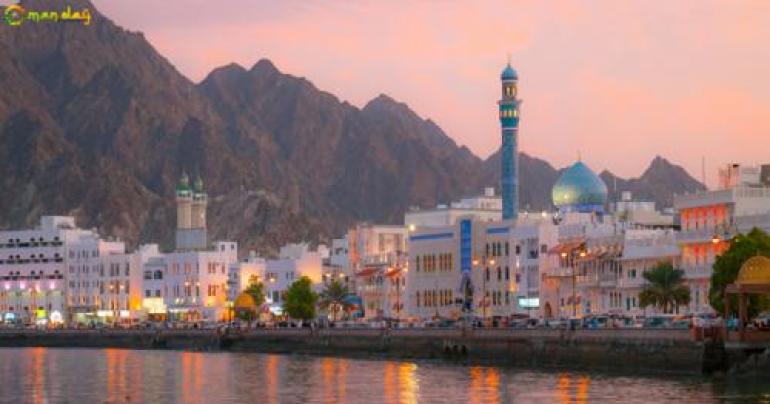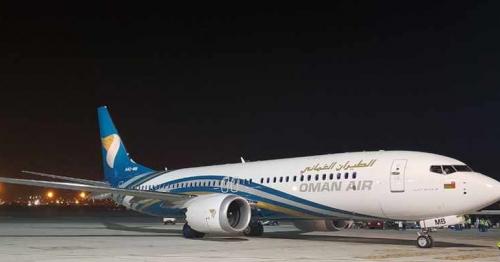Cost of Living in Oman
Expats will find the cost of living in Oman more reasonable than that of many of the neighbouring Gulf Cooperation Council (GCC) countries, and income is tax-free. Prices are highest in Muscat, but although costs can be less outside of the city, choice is also more limited.
According to the 2017 Mercer Cost of Living Survey, Muscat ranks 94th out of 209 cities, ranking as slightly more expensive than Brisbane in Australia, but slightly cheaper than Indonesia's capital, Jakarta.
Expat packages in Oman for highly skilled Western workers still seem to be generous, and tend to offer good salaries, accommodation, a car, bonuses, flights home and medical insurance. However, as comprehensive as these contracts seem, there are always unforeseen costs. Watch out for the added cost of work visas and related health checks – for a family of four this can be fairly high. School fees are also a big add-on cost. But the real financial issue in Oman is the relative job insecurity, rather than the pay package or the cost of living.
Contrary to many of its nearby oil-rich counterparts, Oman does not draw on expats from abroad to comprise its primary workforce. Instead, it looks to locals to occupy most middle management positions, some senior management positions and even many low-paying jobs: fishermen, taxi drivers, shopkeepers, bank clerks. Expats tend to work in senior positions as directors or in sectors where there are skill shortages, such as in the healthcare and education fields.
Even then though, most contracts are for three years, and if an Omani can fill a post, the contract can be terminated. Expats also tend to encounter considerable uncertainty towards the end of a contract. The government’s pointed Omanisation programme, which aims to educate and train local people for the senior positions that are traditionally held by expats, has put the authorities under increased pressure to speed up the process of filling the posts with Omanis. Thus, contract renewal is not a given, and a major cost of living in Oman is the fact that an expat might be out of a job in a short amount of time.
There are also a number of low-income, low-productivity expat jobs – maids, gardeners, builders – typically filled by Asian labourers.
Cost of accommodation in Oman
The market has eased considerably since its peak, and now accommodation prices are coming down – like elsewhere in the Middle East. There are a lot of new homes being built, and expats will be able to find a place that fits their budget, mood and style.
Costs vary according to size, facilities and area. Utilities, such as water, gas and electricity, are generally excluded in the quoted rental price. Accommodation is normally unfurnished.
Rent in Oman is paid annually in advance, rather than monthly. This is a huge lump sum; although, expats can normally get a loan from their employer. Do note, if one leaves before the year is out, the money is not refundable.
Cost of transport in Oman
Cars
The cost of using a car in Oman is much cheaper than in Europe. As a result, virtually every expat drives and few use public transportation.
It’s also possible to hire a car with a driver in Oman.
Taxis
Taxis are also good value; unfortunately though, they rarely have a meter. Drivers sometimes quote close to the real price, but more often the prices can be incredibly far-fetched.
Buses
For those who want to make every penny count, those who don’t have a car or those who want to experience local atmosphere, there are ‘baisa’ buses operating throughout Muscat. This mode of transit is largely used by the lowest paid workers.
Similarly, coaches can be a good way of travelling long distance, such as journeys to Sohar, Dubai and Abu Dhabi.
...[ Continue to next page ]
tag: oman-news , support-for-expats
Share This Post






